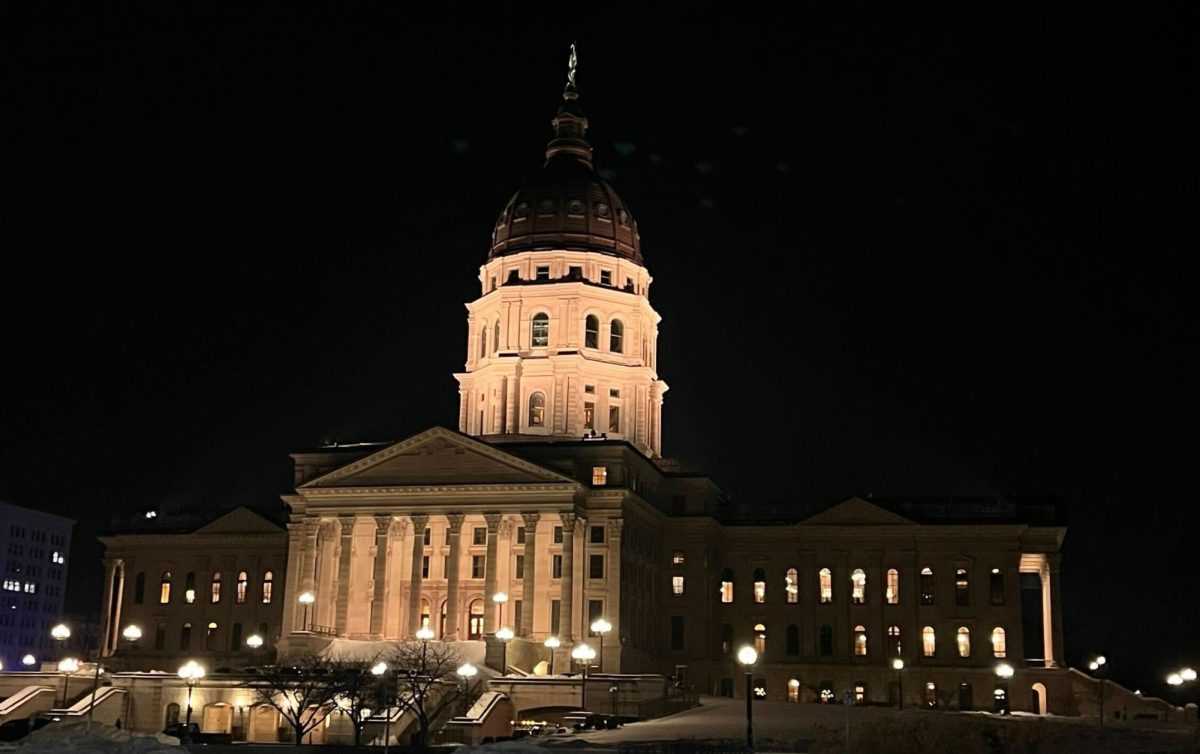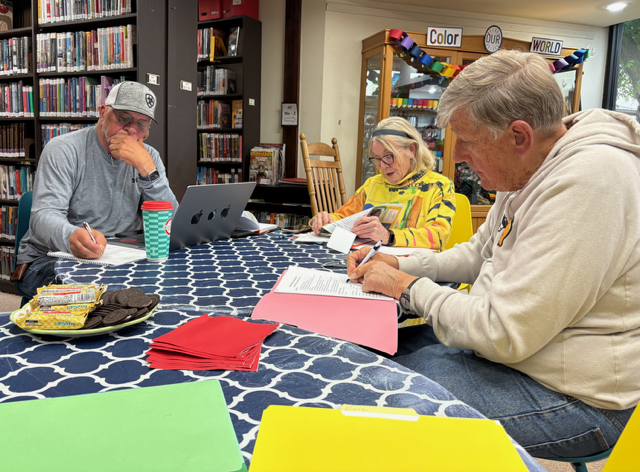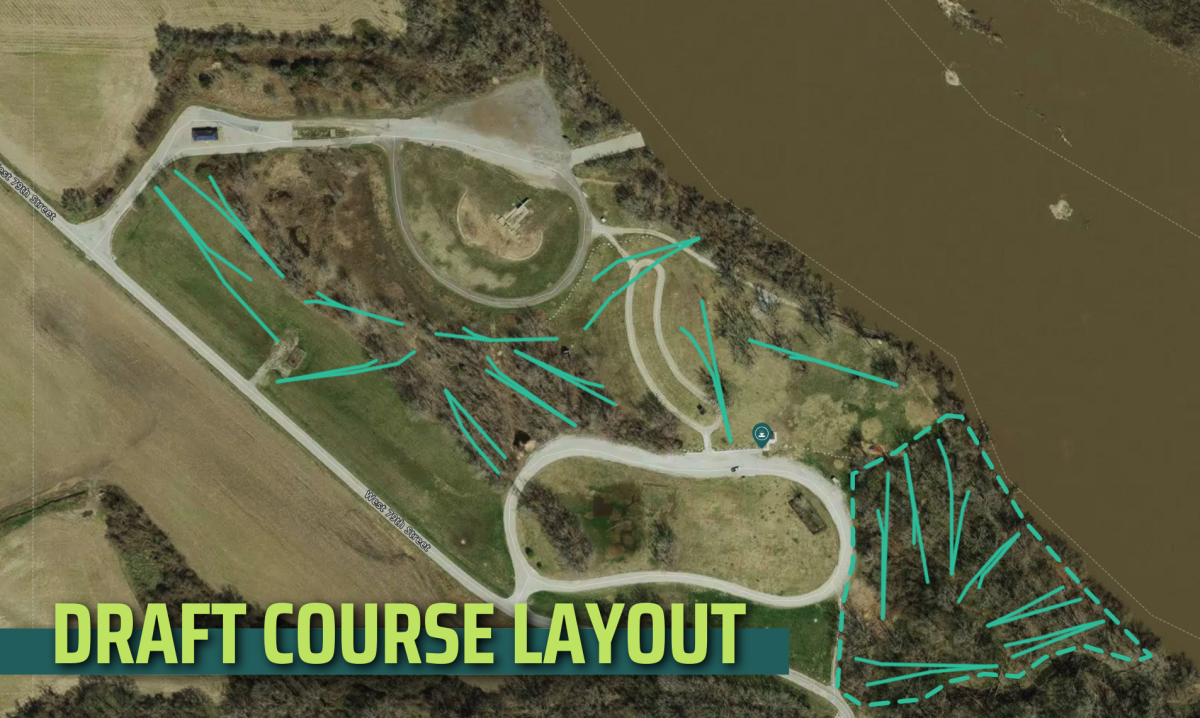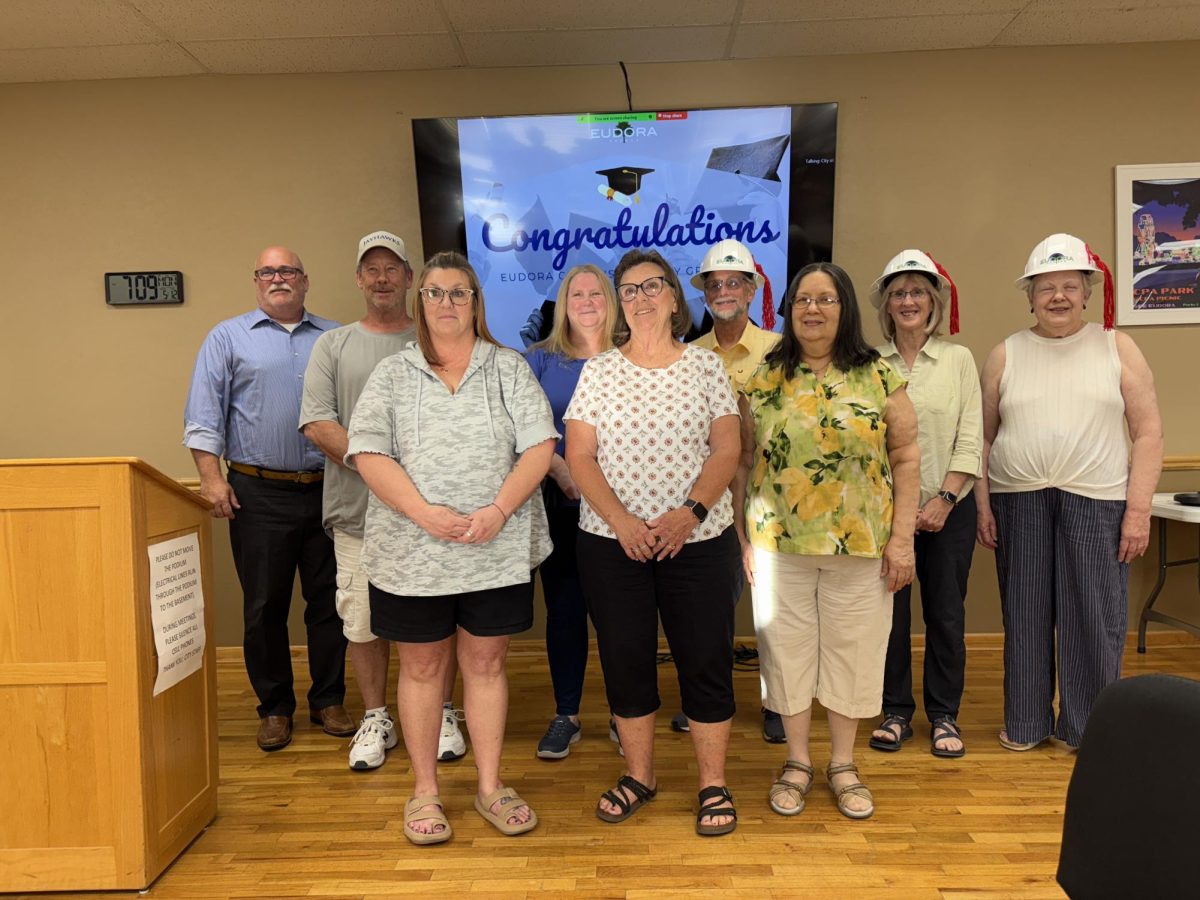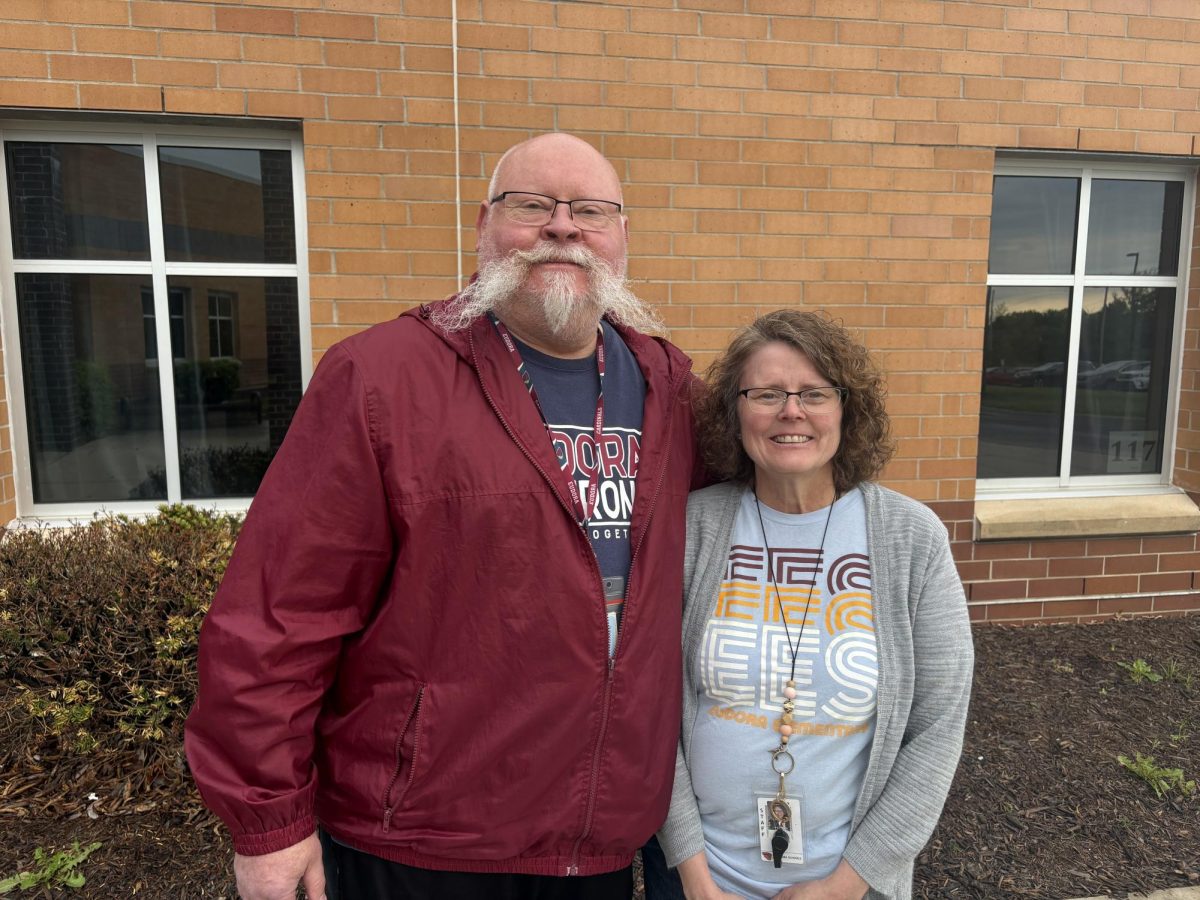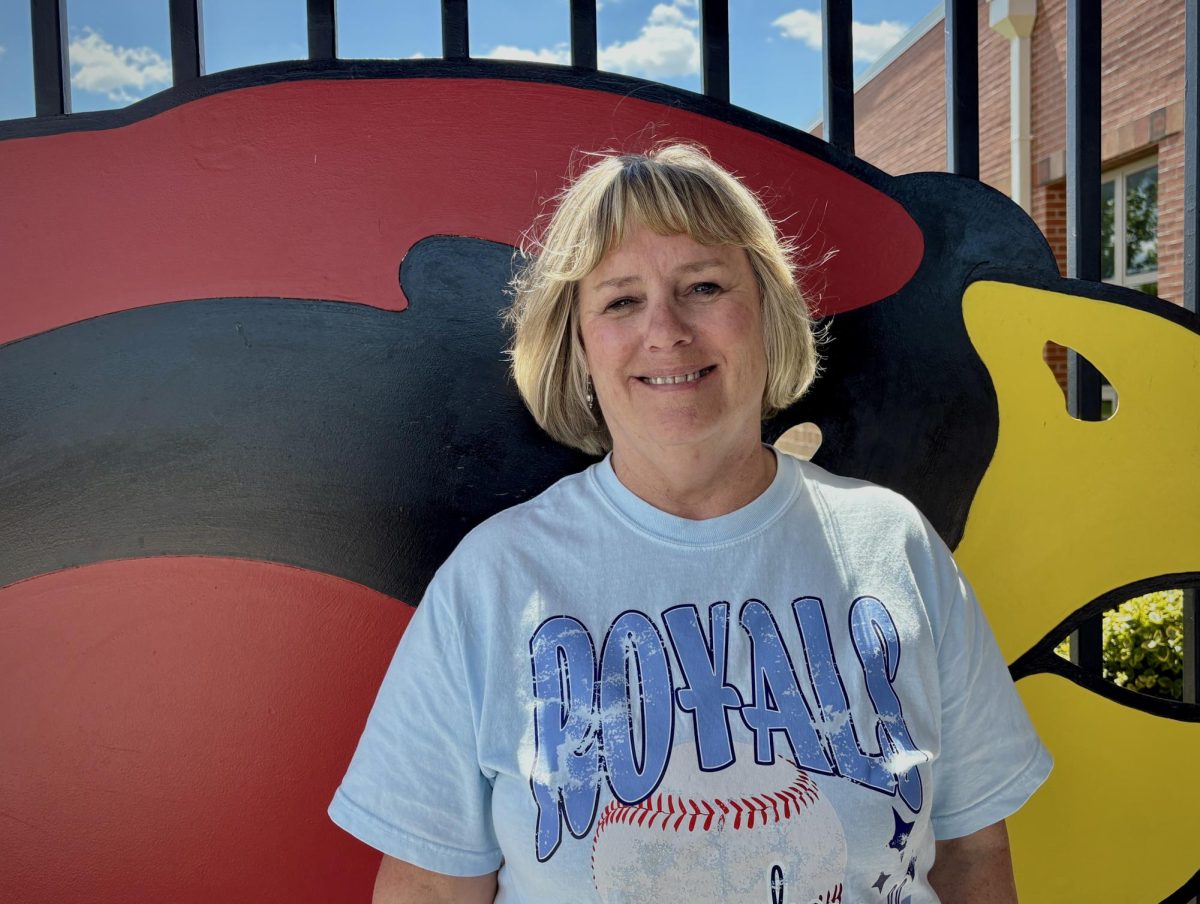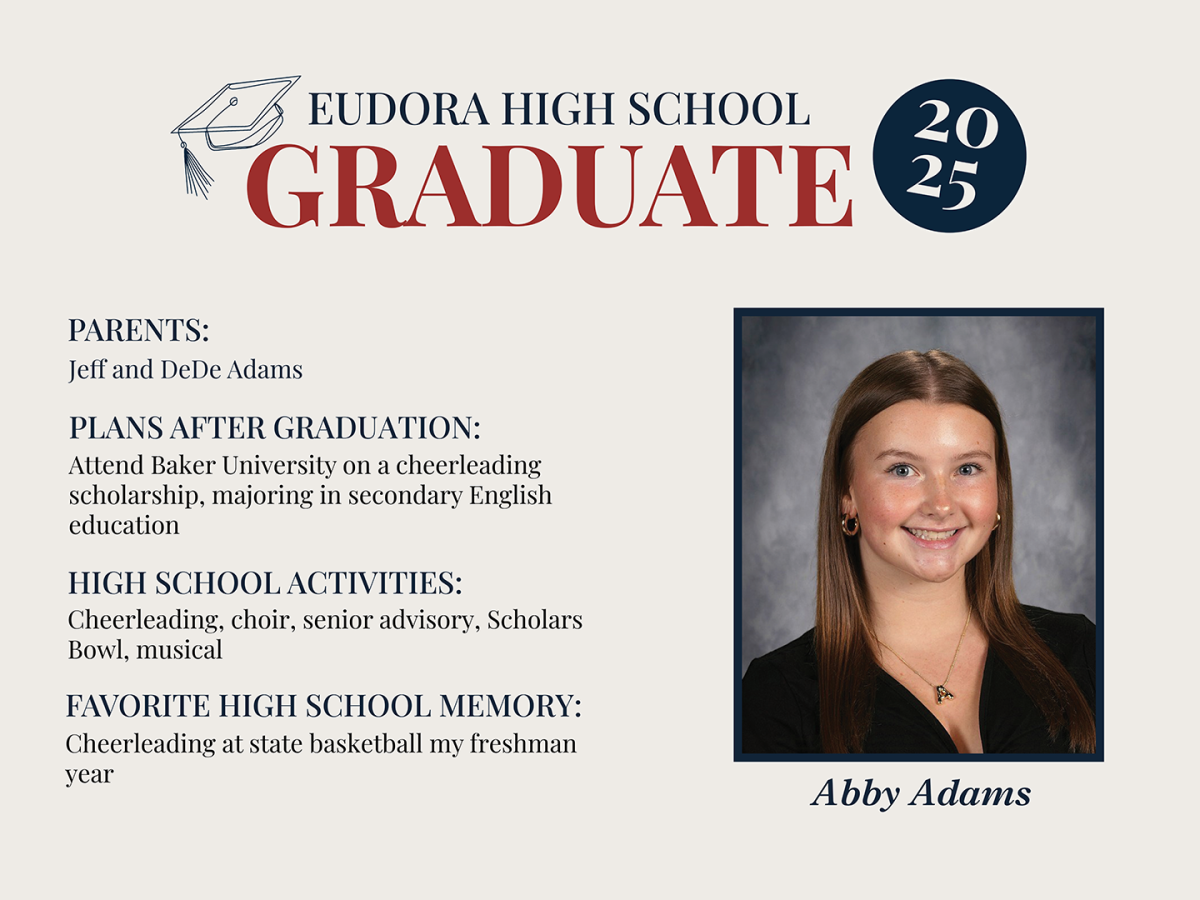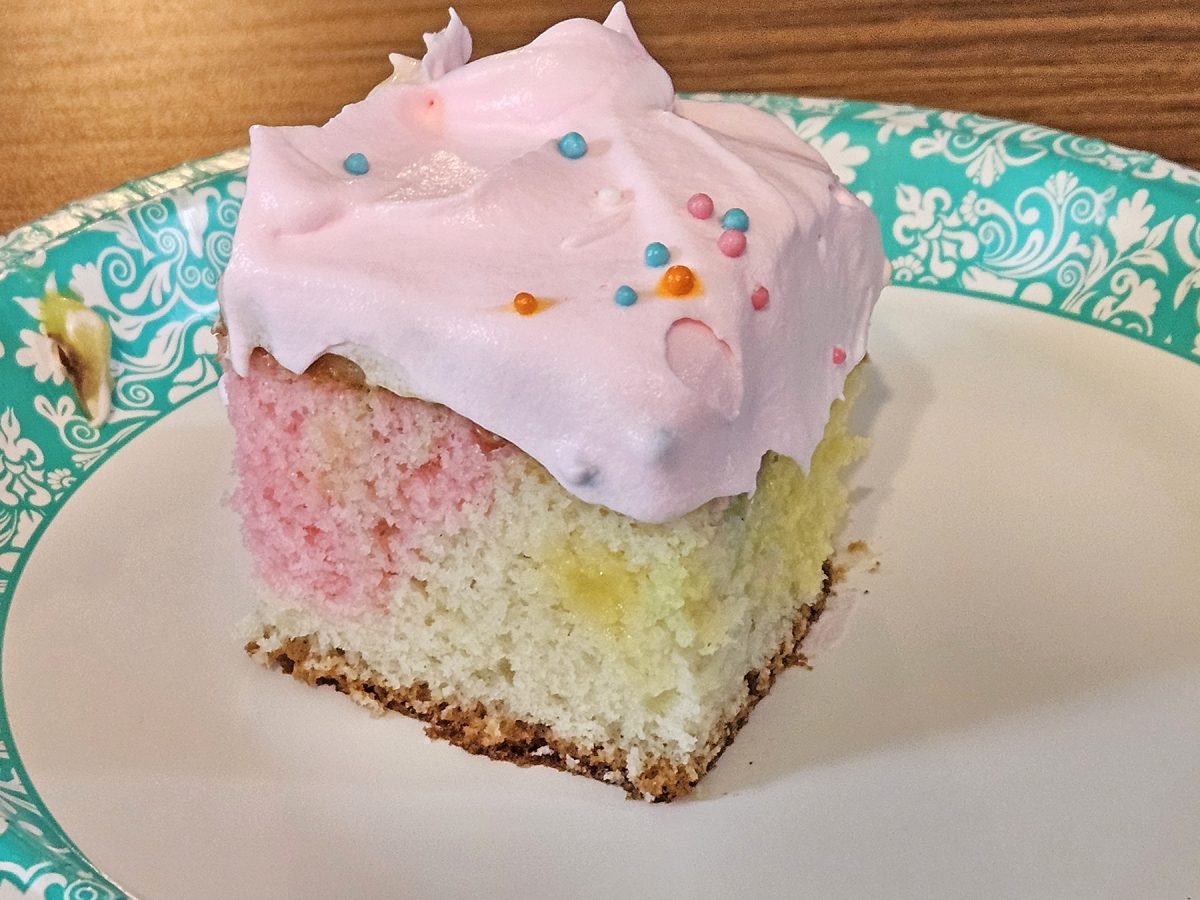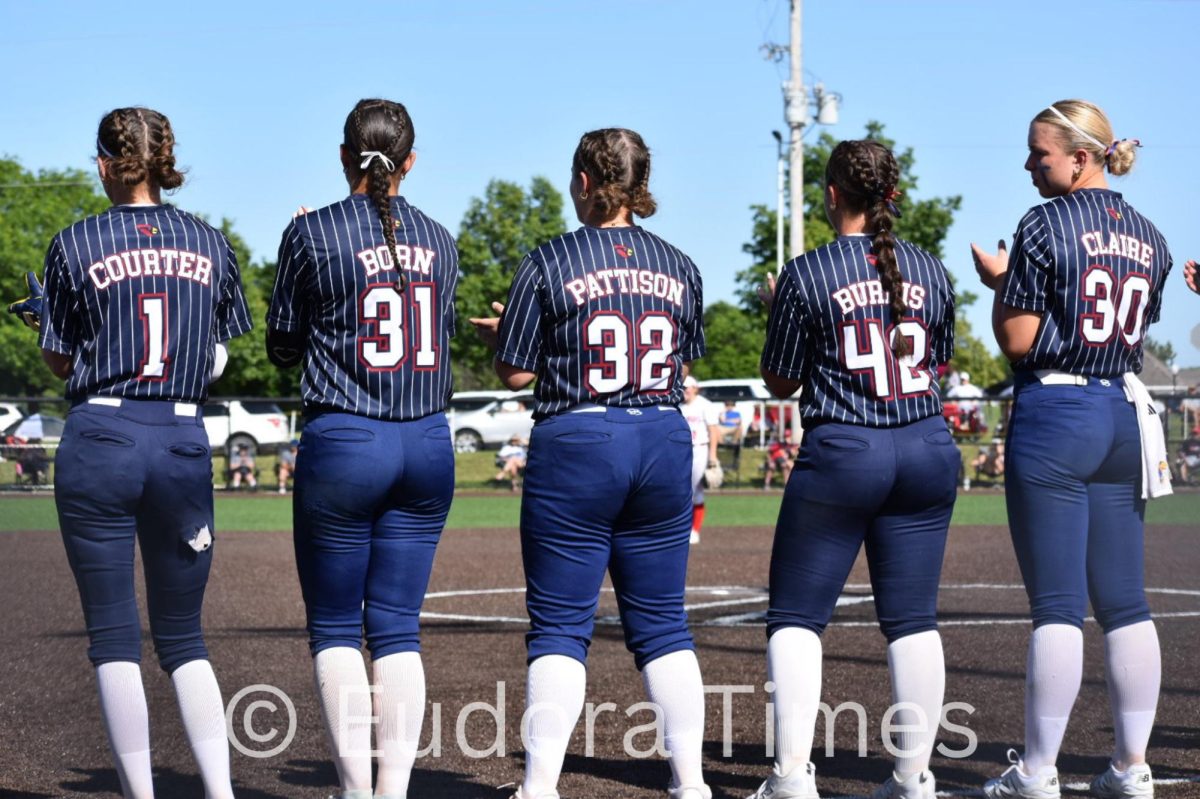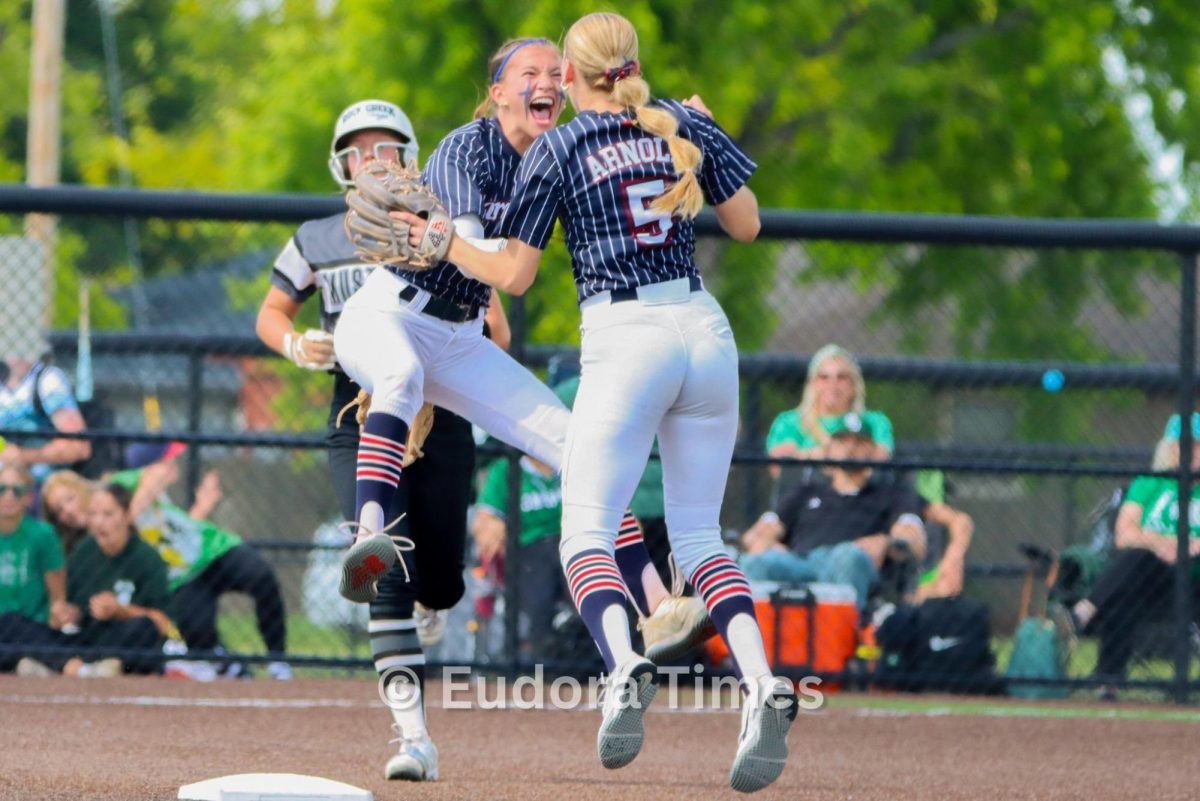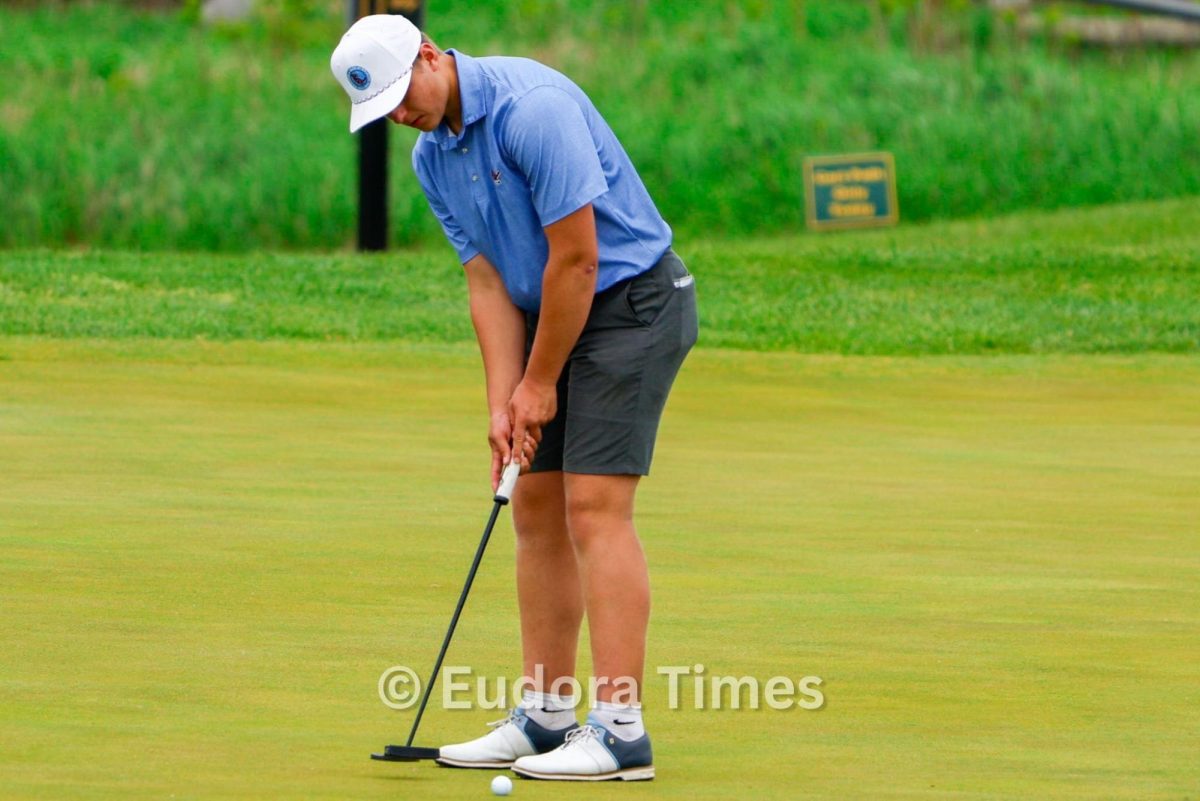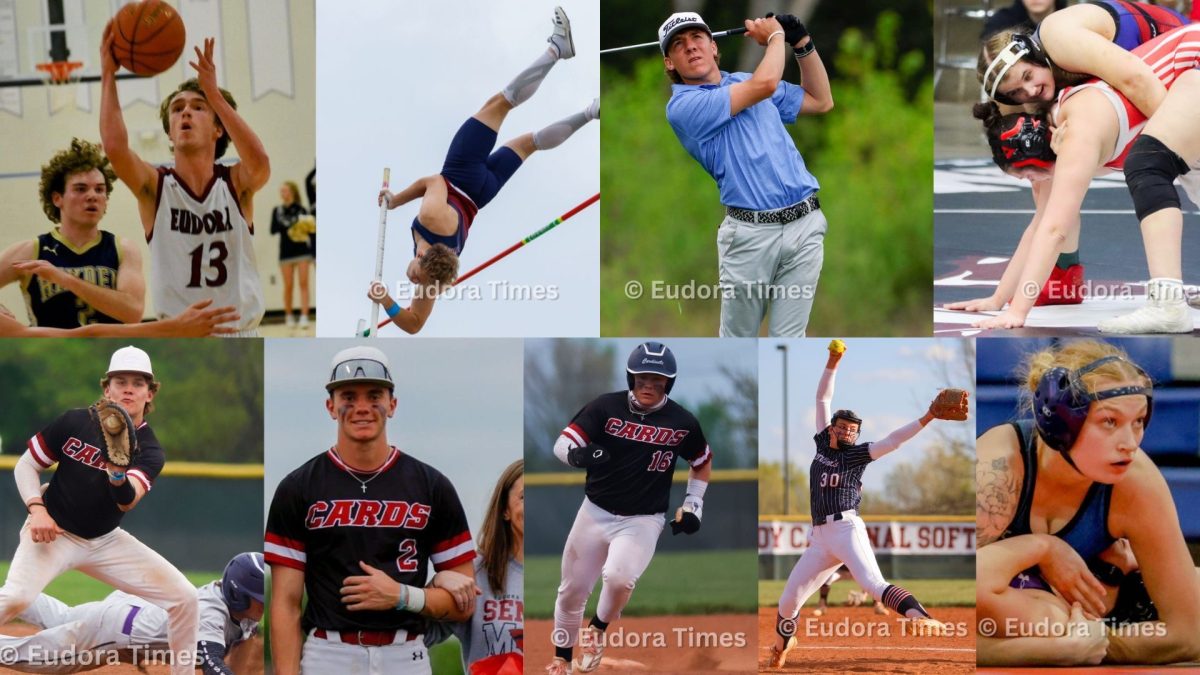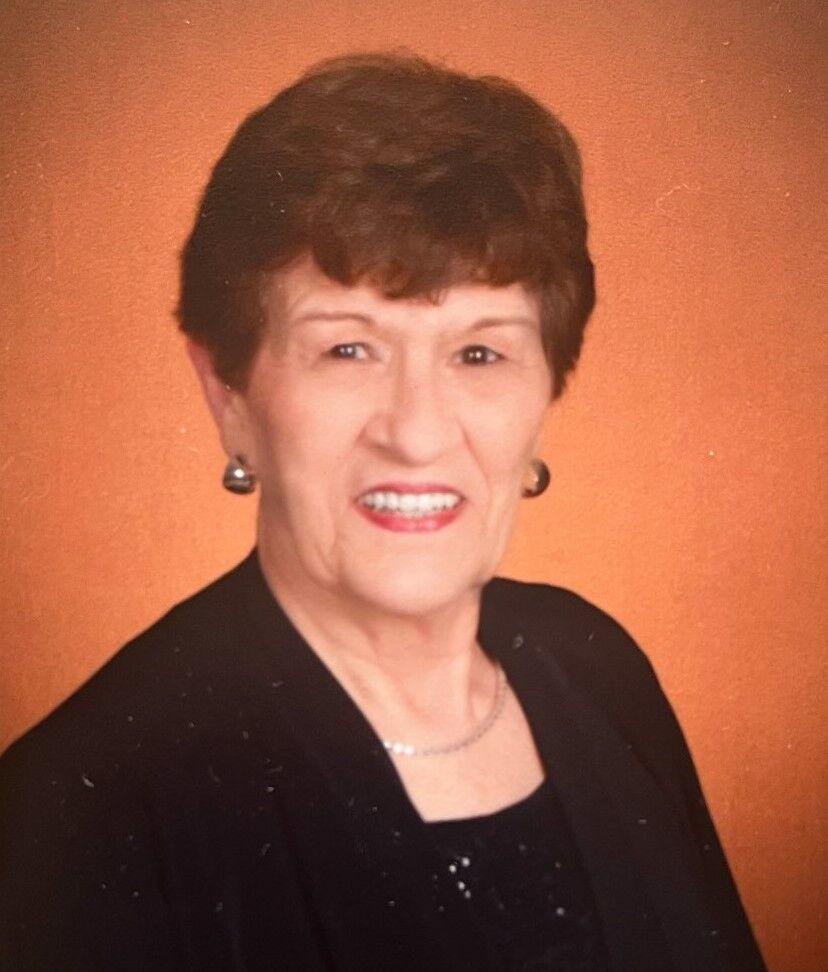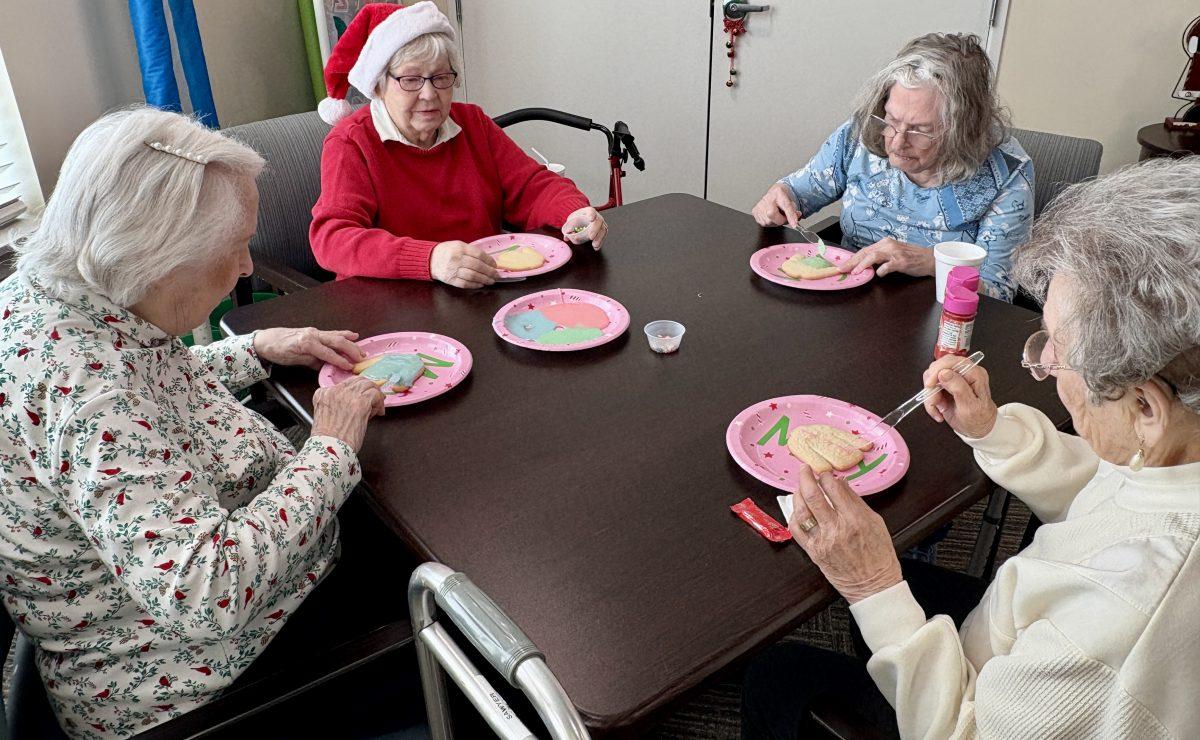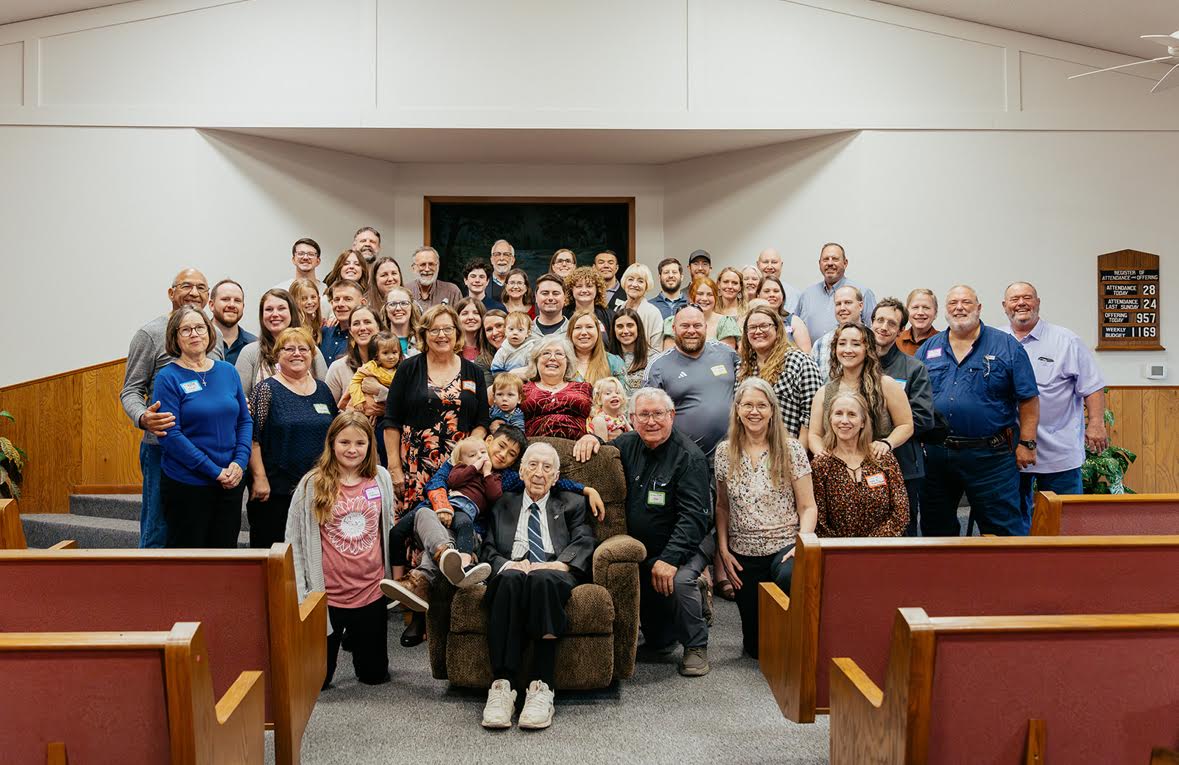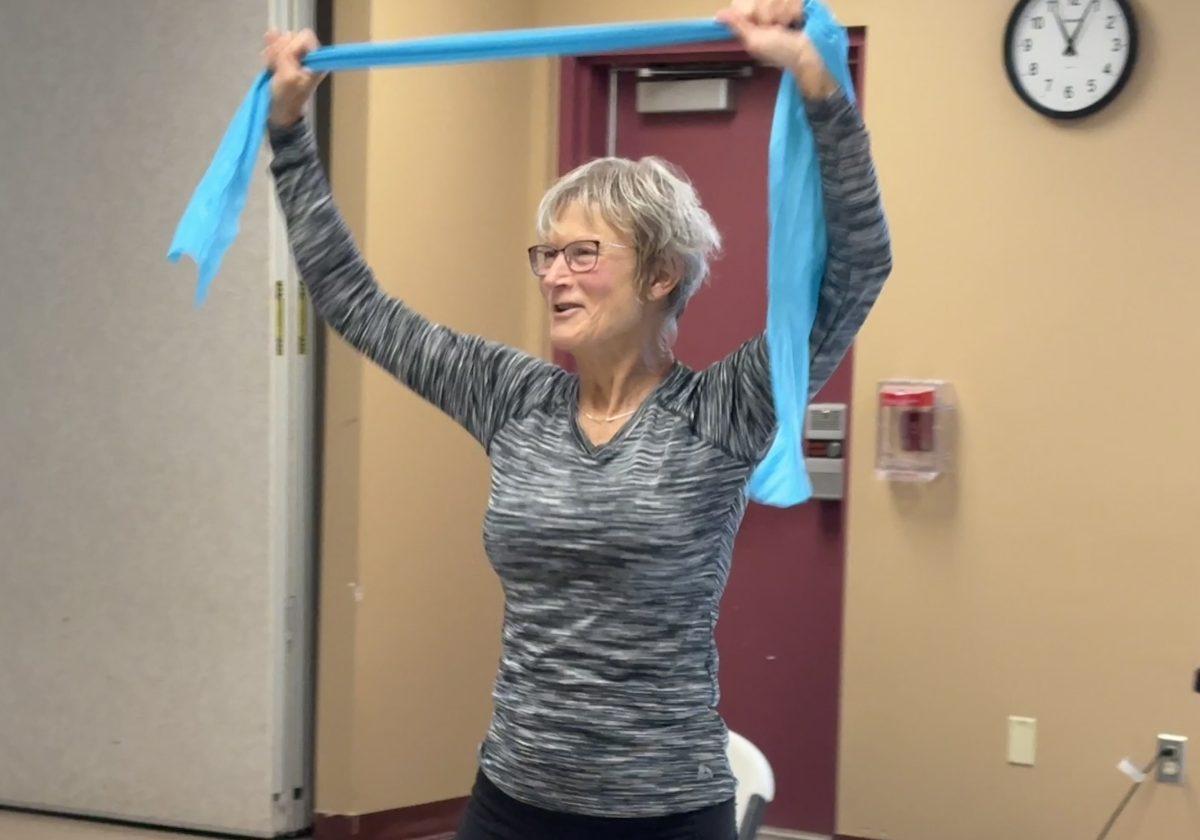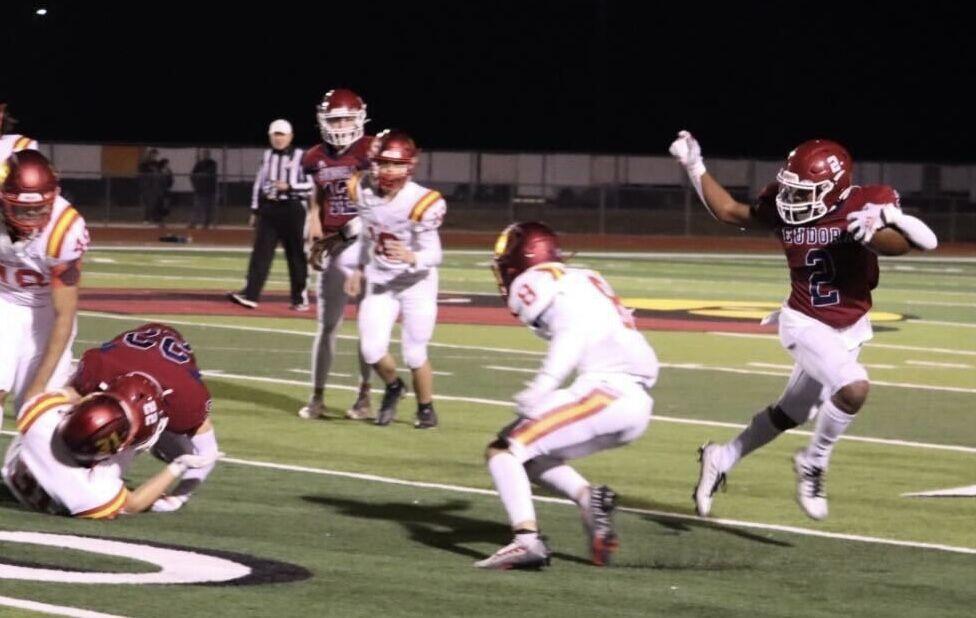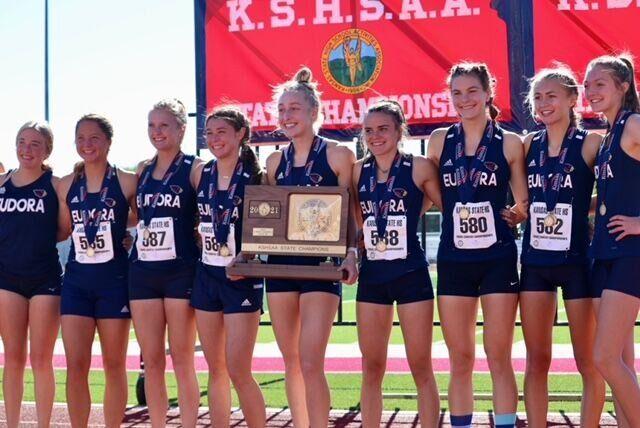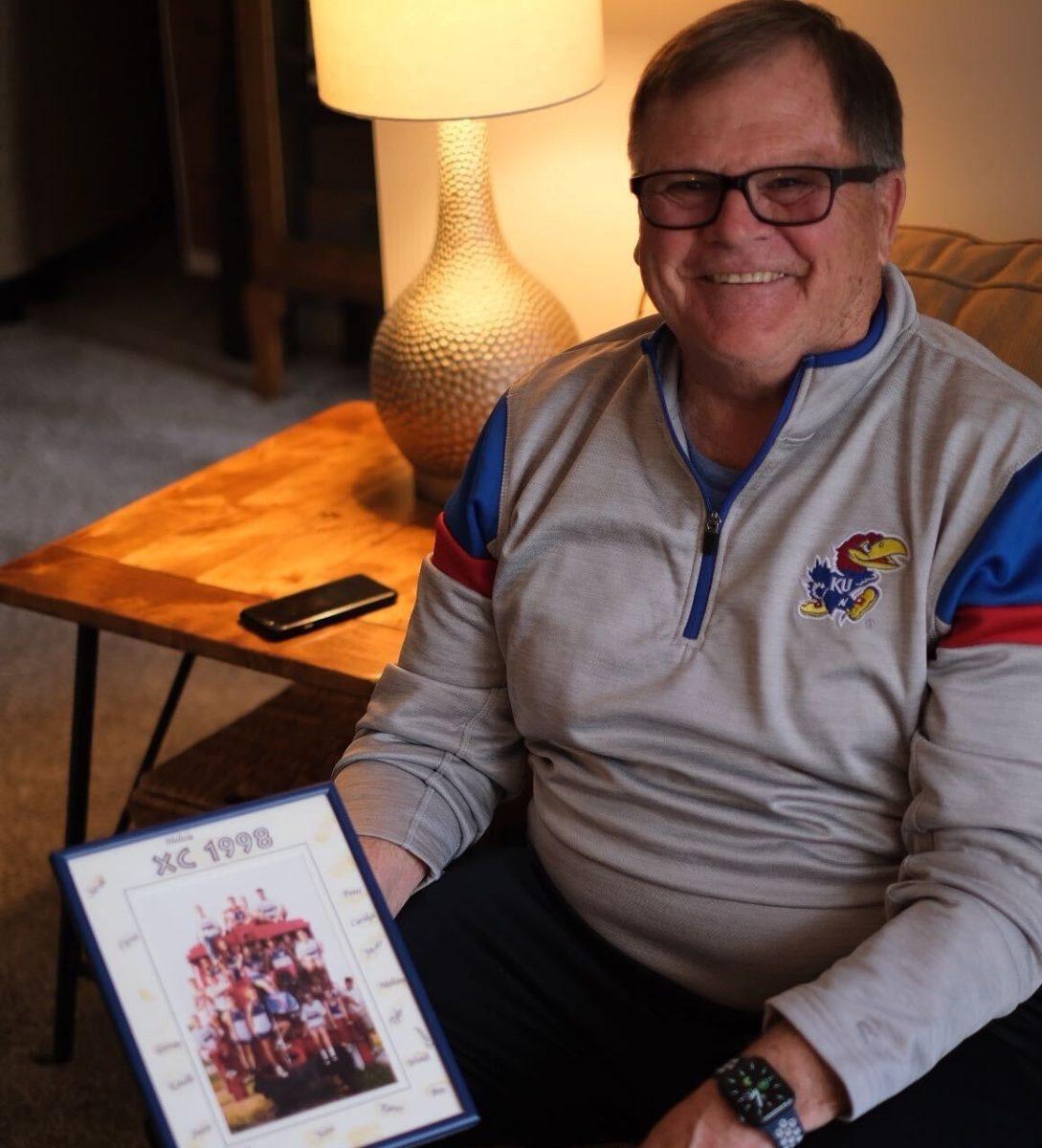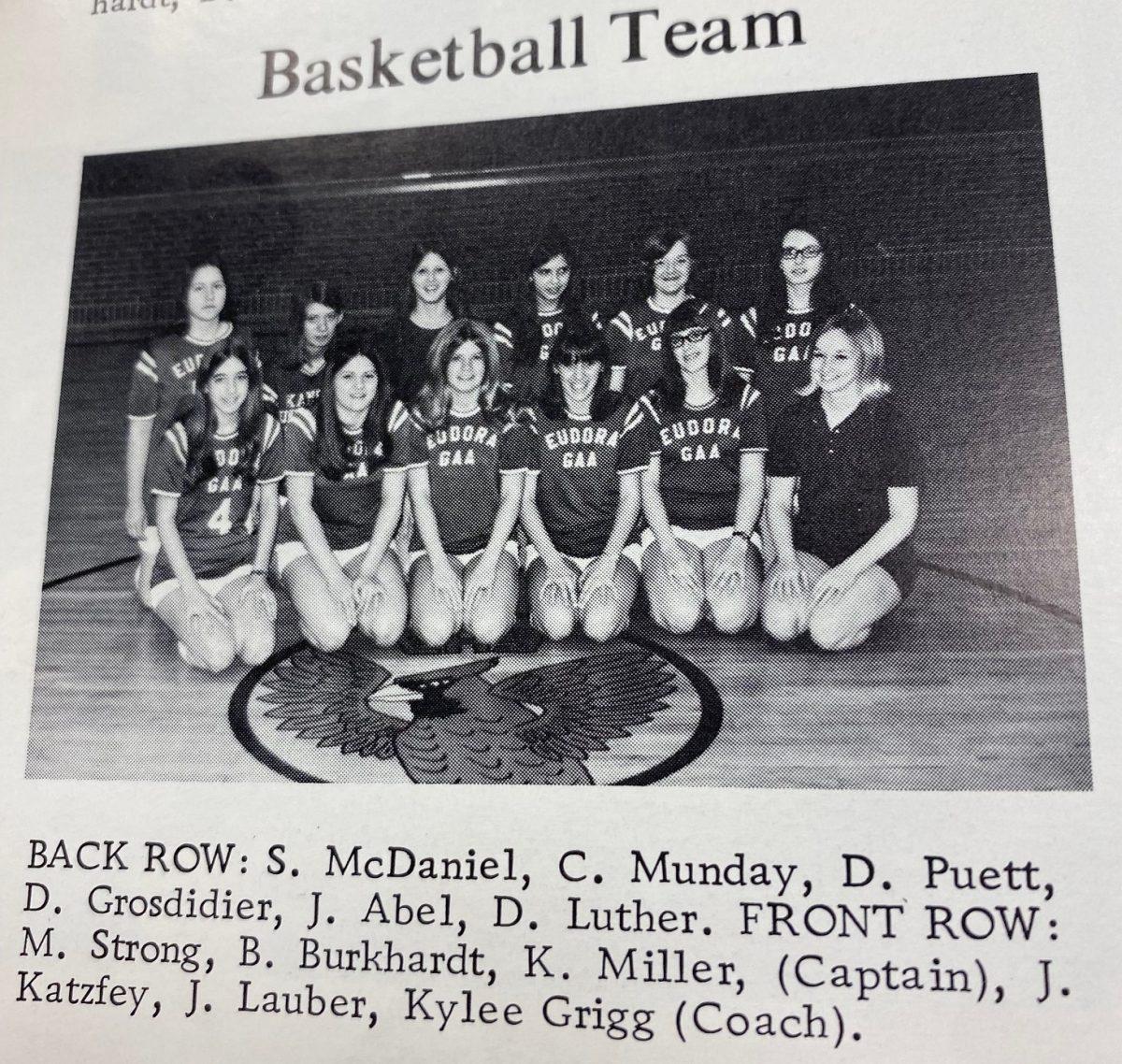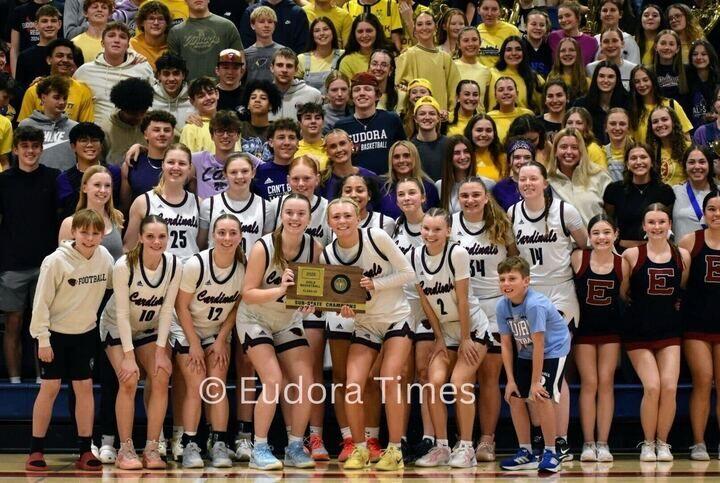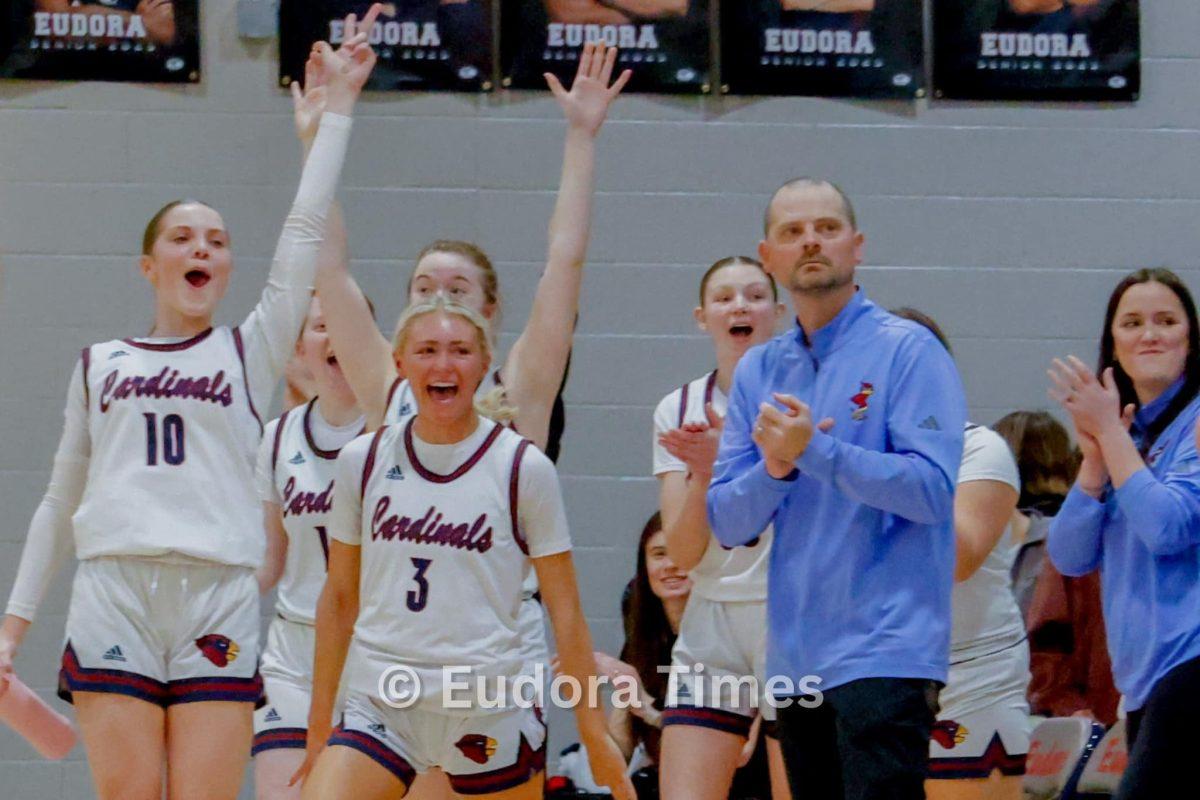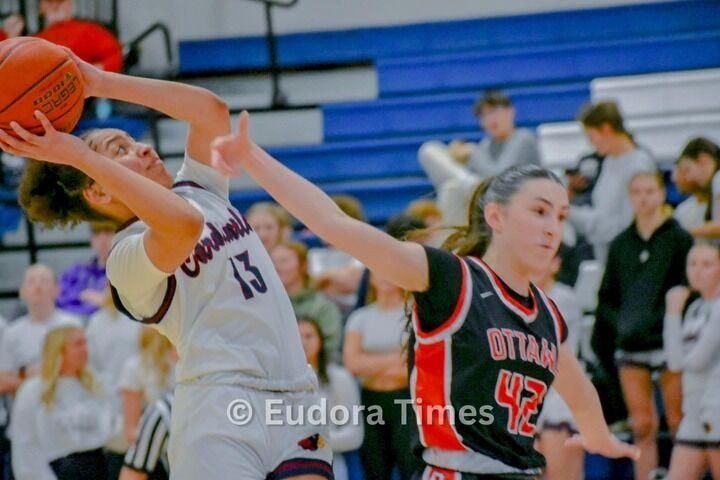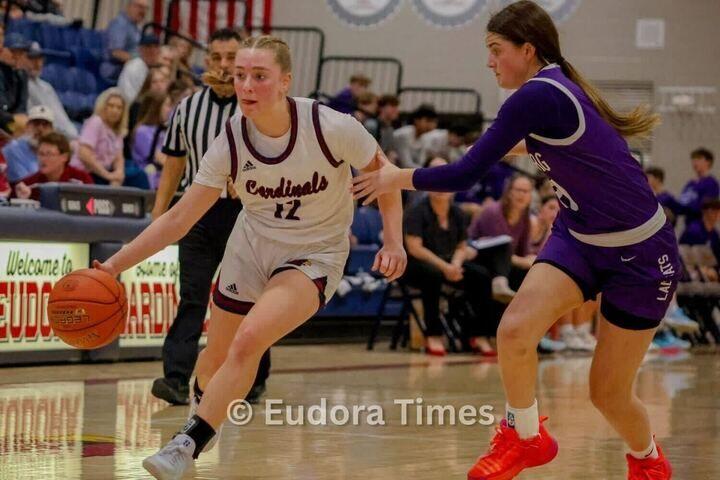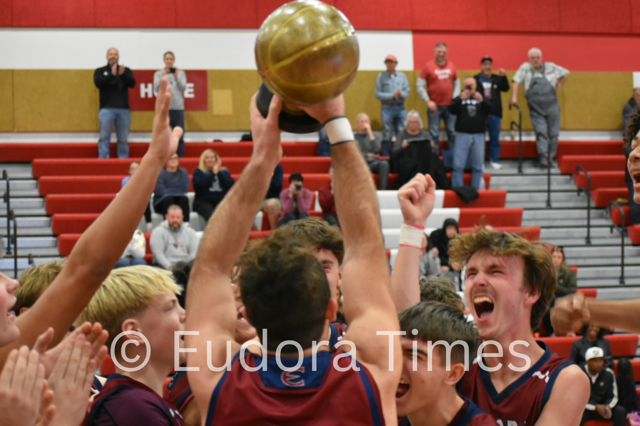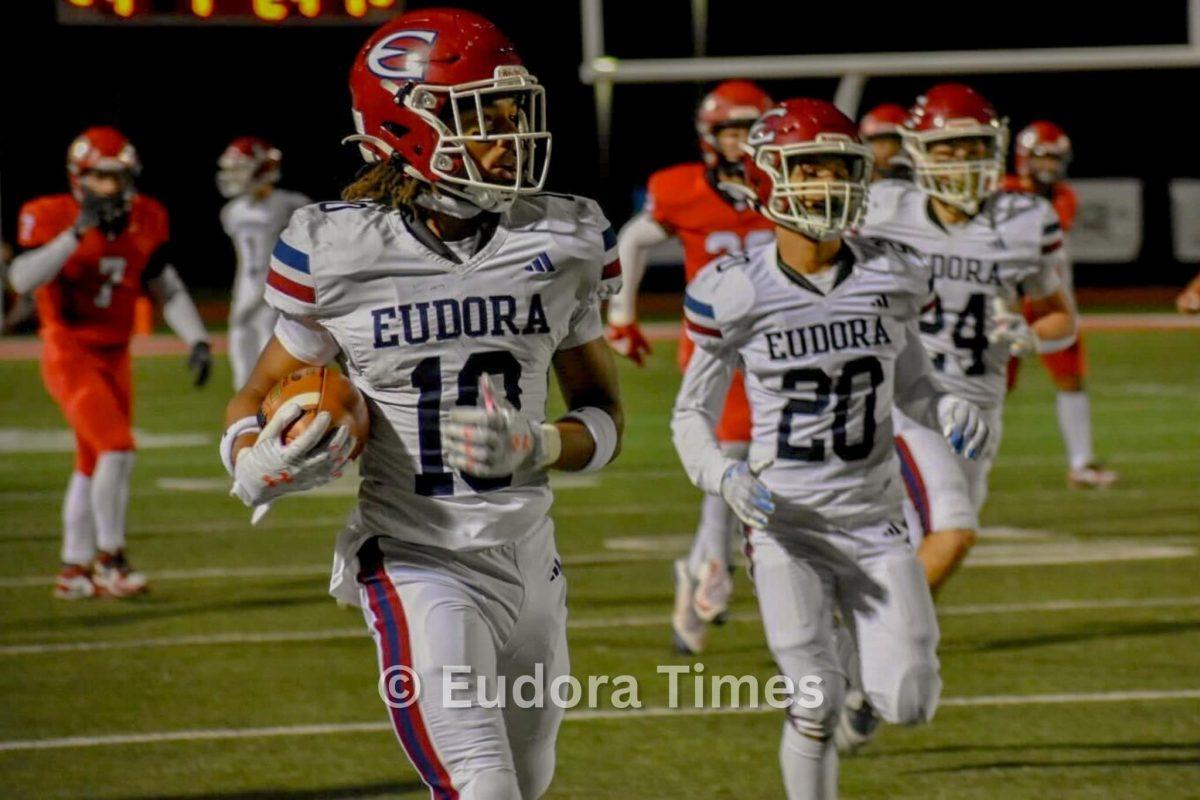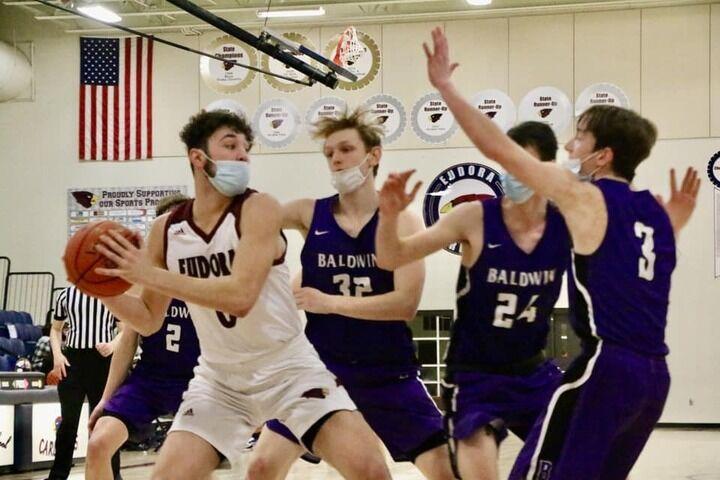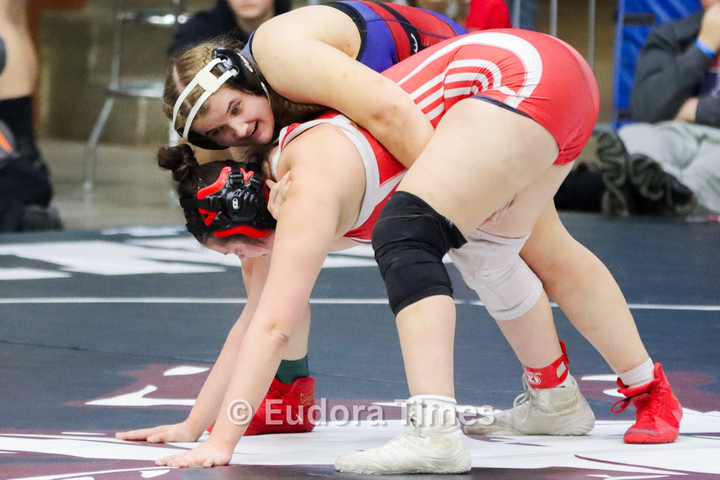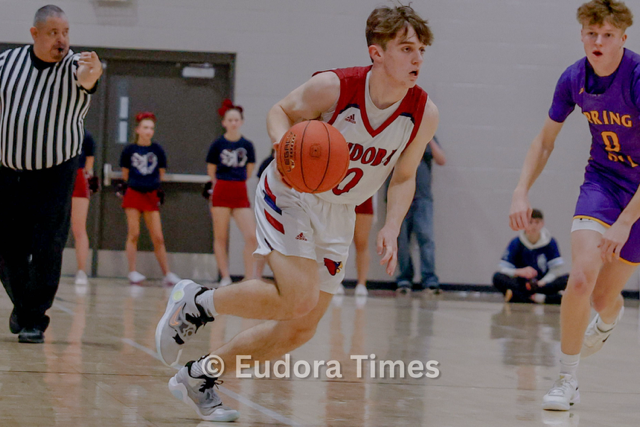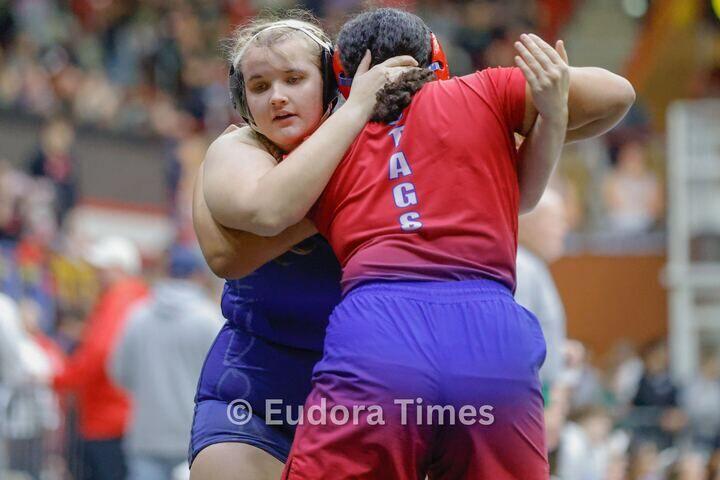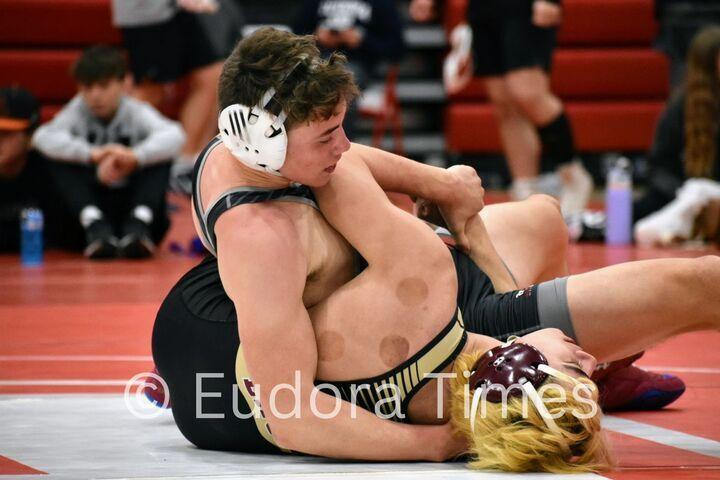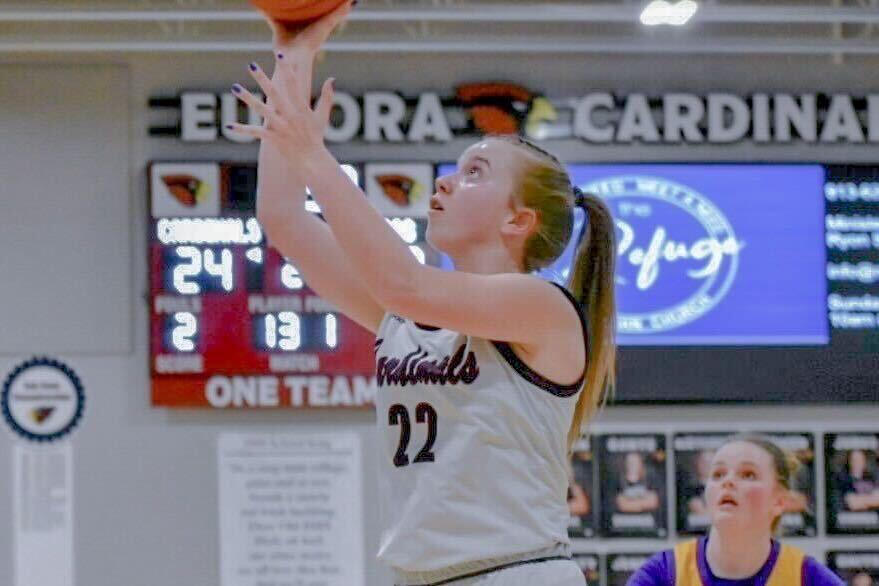This is the fourth story in a series examining girls sports in Eudora and the 50th anniversary of Title IX.
Karla (Miller) Pierce used to sneak out of the house after dinner.
Then 10 years old, she went across the street because that’s where the ballfield was. She would watch the “big people” play softball.
“And pray that they were gonna come out and ask me to play with them,” she said.
Growing up in the 1960s, sports were more about just having fun.
“I don’t think we ever thought that there was going to be, you know, women’s sports that were organized,” Pierce said.
In the years before Title IX, girls had a much different sports environment than what young athletes enjoy today.
Pierce and two other EHS alumni who graduated in 1972 detailed their time as female athletes just months before Title IX was signed into law.
The influence of a coach
During the 1971-1972 school year, the school had just joined the Jayhawk League. It was the first year for organized girls’ sports, which involved volleyball, basketball and track.
Pierce and Brenda (Burkhardt) L’Hommedieu were on the 1972 volleyball team. They have fond memories of their time in sports.
The volleyball team was undefeated in league and non-league games and won at regionals against Basehor and Perry-Lecompton. The team went to the state competition in Salina but lost.
“Volleyball was always considered a women’s sport, so it was more acceptable, and things were kind of in place for it, as opposed to basketball or track probably,” Pierce said. “We had a lot of fun. We would go to games, and they would say ‘Didn’t your teacher come? Where is your sponsor, your coach, didn’t she come with you?’ Because she was really young.”
The basketball league was not as organized as the volleyball team, Pierce said.
Pierce and L’Hommedieu remember coach Kylee Grigg making calls to other schools and asking if they wanted to play a game. Many of the nearby schools did not have teams yet, L’Hommedieu said.
“We kind of just went places and played people randomly,” Pierce said. “She would call people and say, ‘Can we come over and play you guys?’”
The basketball team only played three games that season and had a 1-2 record, according to the yearbook. They won against De Soto 13-12 in their final game.
“I remember playing DeSoto. I remember all of us came back, and we had scratches all over us,” L’Hommedieu said.
Track participant Linda (Crawford) Abel, Pierce and L’Hommedieu all agreed that Grigg is the reason they were able to get involved with many girls’ sports. Pierce said she was instrumental. Grigg was the basketball, volleyball, drill team and track coach.
All three women felt close to Grigg and felt she had created an atmosphere that allowed sports to cater to girls. She would recruit people from her PE classes to play for different teams, Abel said.
“We were her pets,” L’Hommedieu said.
“Until Kylee came, no one really thought about girls. She was young. She’s the one that got everyone involved,” Abel said.
The track team was male-dominated, but girls still participated, Pierce said. L’Hommedieu participated in shot put during her senior year. She said she once held a record at Eudora.
Abel went out for track for the social aspects and was just “along for the ride.” She told Grigg she did not want to participate. On the bus ride to one of their meets, Grigg told Abel and L’Hommedieu they had to do the high jump.
“She said, ‘Oh by the way, you two are going to do high jump.’ And we went what?” Abel said.
They remembered the big laughs they got about being put in the event.
“I said, ‘I’ve never high jumped before in my life. I can’t do that,’” L’Hommedieu said.
The uniforms the girls wore for basketball were also used for every other activity, unlike the boys’ teams, Pierce said. The players felt Grigg was their biggest advocate in girls’ sports.
“She also had a personality that everyone loved. If she would have had to get us uniforms or something, she would’ve been the person who could have got it done,” L’Hommedieu said.
No pep rallies, letters or crowds
The girls did not receive varsity letters for their participation in sports like the boys did, Pierce, Abel and L’Hommedieu said. They were not celebrated to the extent the boys were, L’Hommedieu said.
There weren’t pep rallies for their teams, but Pierce remembered a lot of rallies for boys’ sports. Some teachers were more supportive than others, but they weren’t discouraged from playing sports, Abel said.
There were not a lot of girls who went out for sports that year, L’Hommedieu said. Pierce didn’t remember big crowds coming out to watch their games, and felt the boys had bigger turnouts.
The Eudora newspaper at the time did cover girls’ teams and regularly printed photos, Abel said.
When asked why they got involved with sports, Abel said it was because Grigg loved them. Pierce said she played because it was what she had always done.
Pierce has reflected on what it would have meant if Title IX had passed earlier.
“I might have been able to participate more,” she said.
Now, girls can play pretty much every sport in high school and receive scholarships, she said.
“It’s just a complete turnaround,” Pierce said. “It’s real important to give women the opportunity they are allowed.”
L’Hommedieu, Pierce and Abel have kept in touch since grade school and enjoyed reminiscing on their high school days.
“We had a lot of fun. We really did,” Pierce said.
“The personalities are still the same today,” Abel said.
“And so are the friendships,” Pierce said.
Reach reporter Sara Maloney at [email protected].
Here are the other stories in the series that have published:
Part 1: Eudora wrestlers aim to be on the right side of history
Part 2: Why Title IX matters in 2022
Part 3: Eudora alumni discuss history of girls sports
Here is what’s to come:
Part 5: Coaches and administrators discuss the transition since Title IX.
Part 6: Former Eudora athletes discuss their memories and the influence of participating in sports.
Part 7: Athletes from state championship teams discuss their place in history.
Part 8: We hear from current team captains.
Part 9: Young girls explore what participating in sports means to them.
Part 10: Standing up for Title IX
An old Eudora uniform.





